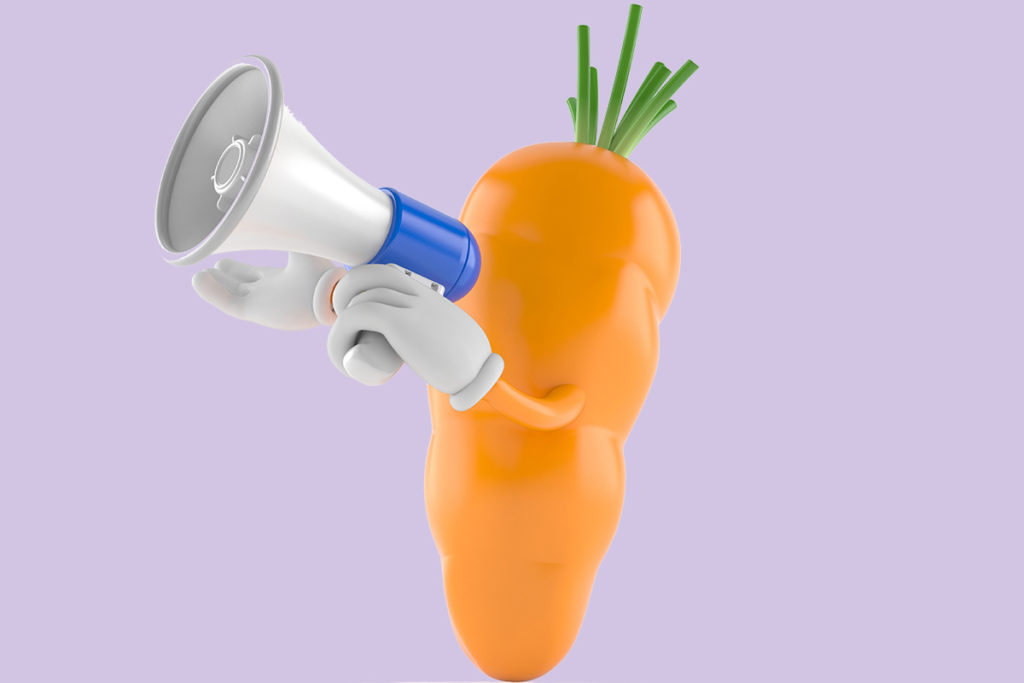Beta-Carotene for Vitamin A
For some people, beta-carotene doesn’t lead to a surge of vitamin A.

Beta-carotene is a pigment found in certain fruits and vegetables—carrots, dark leafy greens and sweet potatoes are particularly rich sources. Our bodies can convert the beta-carotene we consume into vitamin A, a nutrient that plays a role in keeping our bones and immune system healthy. Vitamin A also helps with heart functioning by favorably influencing cholesterol levels.
But new research from the University of Illinois at Urbana-Champaign suggests that some people have a less active form of the enzyme beta-carotene oxygenase 1, which is involved in this conversion, and therefore may produce less vitamin A.
A lackluster conversion rate could raise the risk for heart disease and perhaps other health concerns. To compensate, people affected may need to eat more foods rich in beta-carotene as well as foods like milk and liver, which contain formed vitamin A. In the future, personalized nutrition programs may test for enzyme variants like this to better assess individual nutritional needs.
Matthew Kadey, MS, RD
Matthew Kadey, MS, RD, is a James Beard Award–winning food journalist, dietitian and author of the cookbook Rocket Fuel: Power-Packed Food for Sport + Adventure (VeloPress 2016). He has written for dozens of magazines, including Runner’s World, Men’s Health, Shape, Men’s Fitness and Muscle and Fitness.





